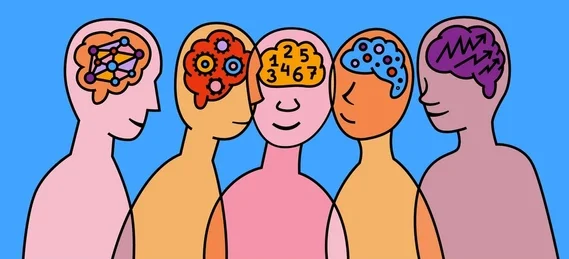As employers and colleagues, we are granted a window into one another’s milestones and take the first opportunity to celebrate each other’s successes over a team lunch or a glass of wine after work. But are we as forthcoming when it comes to providing the same level of support during life’s challenging moments? In fact, a study conducted by The Grief Recovery Institute Educational Foundation shows that one in four employees may be experiencing grief at work, at any given time. Grief can be a response to the death of relative, friend or pet, work restructures, relocation or relationship breakdowns.
What is grief?
Grief is a natural response to loss and it has a significant impact on our physical, emotional, spiritual, physiological and mental health. Each individual experience of grief is different and that experience causes a ripple effect across our communities. Grief can affect our relationships with others and individuals may begin to reassess their priorities in life.
Grief impacts on work
As grief is not a singular experience, it can affect our ability to handle daily tasks, increase confusion and fatigue. Not only that, it can weaken our immune system which might mean more sick days. Grief changes a person (and our neural pathways – yes, grief brain is real!) so naturally a person’s efficiency and performance at work may be altered.
Returning to work after loss
Returning to work soon after a loss may provide some people with a sense of normality after the chaos. However, others may need a longer period of time to process the intense emotions and adjust to their new normal. In some cases, people may feel unable to take time off work due to a change in financial stability or large funeral expenses. Irrespective of when someone returns to work, the level of support received from management and colleagues can make a huge difference to their overall wellbeing.
Ways to support a grieving colleague
Research shows that one of the important factors which can help people navigate significant grief is consistent support from their families, friends and communities which includes workplaces. When a person attends work whilst grieving, and that workplace handles it poorly, the additional pressure and stress may worsen the impact of grief.
Here are some considerations or steps you can take to support a grieving colleague:
- Listen to the needs of the individual and respect their boundaries. It’s their choice who knows about their loss and if they want to talk about it.
- If appropriate, attend the funeral or consider having food or a parcel delivered to their house.
- Remove expectations. Grief does not follow a five step process or disappear after a set amount of time. It can rear its head at any given time, from simple reminders to anniversaries. Grief is also individual and each person’s response can be completely different.
- If you know the anniversary date, make a note in the calendar and gently check in on that day. A simple coffee drop at the desk or message to say you are thinking of them can be really supportive.
- Management to provide extended bereavement leave policies and allow colleagues to take time off around significant dates if requested.
If an employee has a significant physical injury, we do not expect them to be recovered and back to full capacity a few days later. Similarly, the effects of grief may be invisible, but it is a significant emotional and psychological injury. Understanding and empathy are necessary.
If your workplace is interested in further support, please email us at hello@grief-talks.com.au or fill in our contact form. You can also download our free resources here.



